Get the latest international news and world events from around the world.
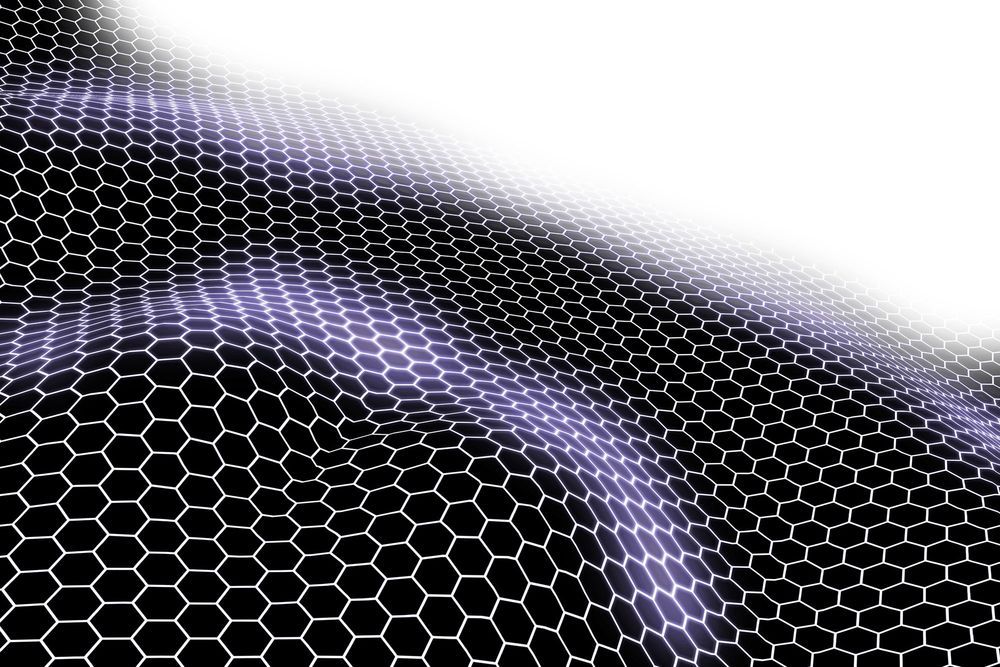
Atom-by-atom assembly makes for cheap, tuneable graphene nanoribbons
The wonder material graphene can take many forms for many different purposes, from transparent films that repel mosquitoes to crumpled balls that could boost the safety of batteries. One that has scientists particularly excited is nanoribbons for applications in energy storage and computing, but producing these ultra-thin strips of graphene has proven a difficult undertaking. Scientists are claiming a breakthrough in this area, devising a method that has enabled them to efficiently produce graphene nanoribbons directly on the surface of semiconductors for the first time.
As opposed to the sheets of carbon atoms arranged in honeycomb patterns that make up traditional graphene, graphene nanoribbons consist of thin strips just a handful of atoms wide. This material has great potential as a cheaper and smaller alternative to silicon transistors that would also run faster and use less power, or as electrodes for batteries that can charge in as little as five minutes.
“This is why many research groups around the world are focusing their efforts on graphene nanoribbons,” explains study author and chemist, Professor Konstantin Amsharov from Germany’s Martin Luther University of Halle-Wittenberg (MLU).

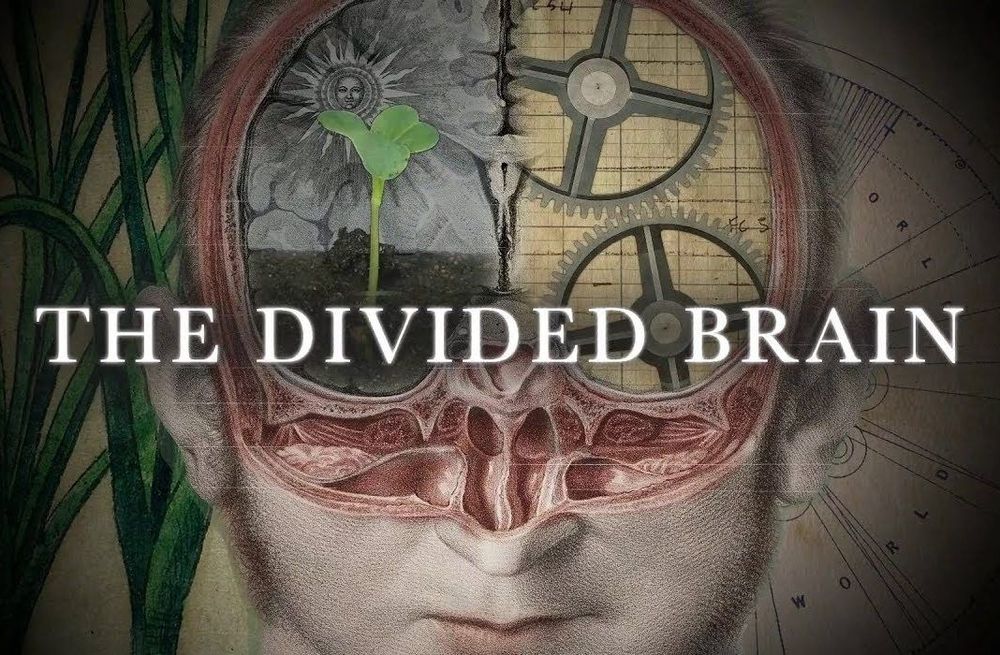
The power struggle that resides within our brain
Our brain is divided. We just don’t know it. Or we do, but not in the way one thinks. To put it simply – a power struggle has been going on between the left side of our brain, or the analytical side, and the right side, the emotional side. It’s been going on for quite some time.
There have always been rumblings of the imbalance between the two for years, certainly covered off in a critical work of near genius by renowned psychiatrist and neuroscientist Dr. Iain McGilchrist, (iainmcgilchrist.com), author of the acclaimed The Master and his Emissary: the Divided Brain and the Making of the Western World.
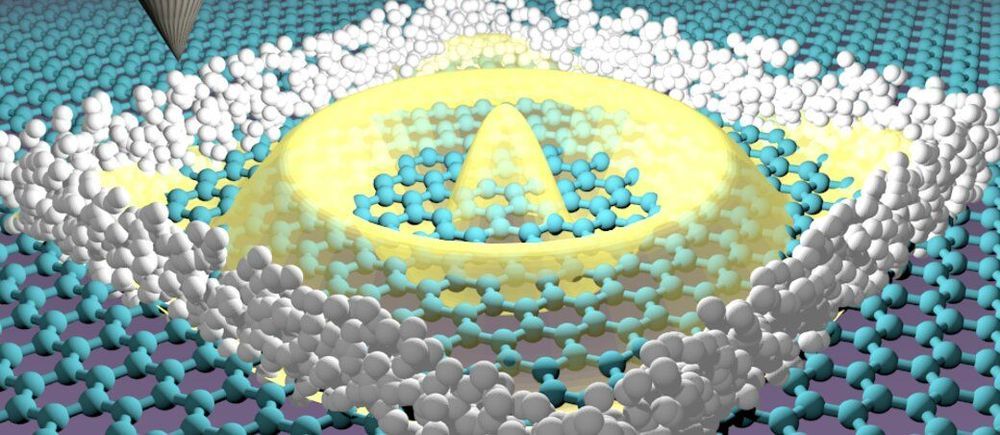
Team develops method for trapping elusive electrons
Graphene’s unique 2-D structure means that electrons travel through it differently than in most other materials. One consequence of this unique transport is that applying a voltage doesn’t stop the electrons like it does in most other materials. This is a problem, because to make useful applications out of graphene and its unique electrons, such as quantum computers, it is necessary to be able to stop and control graphene electrons.
An interdisciplinary team of scientists from the Universidad Autonoma de Madrid (Spain), Université Grenoble Alpes (France), International Iberian Nanotechnology Laboratory (Portugal) and Aalto University has solved this long-standing problem. The team included experimental researchers Eva Cortés del Río, Pierre Mallet, Héctor González‐Herrero, José María Gómez‐Rodríguez, Jean‐Yves Veuillen and Iván Brihuega and theorists including Joaquín Fernández-Rossier and Jose Lado, assistant professor in the department of Applied Physics at Aalto.
The experimental team used atomic bricks to build walls capable of stopping the graphene electrons. This was achieved by creating atomic walls that confined the electrons, leading to structures whose spectrum was then compared with theoretical predictions, demonstrating that electrons were confined. In particular, it was obtained that the engineered structures gave rise to nearly perfect confinement of electrons, as demonstrated from the emergence of sharp quantum well resonances with a remarkably long lifetime.

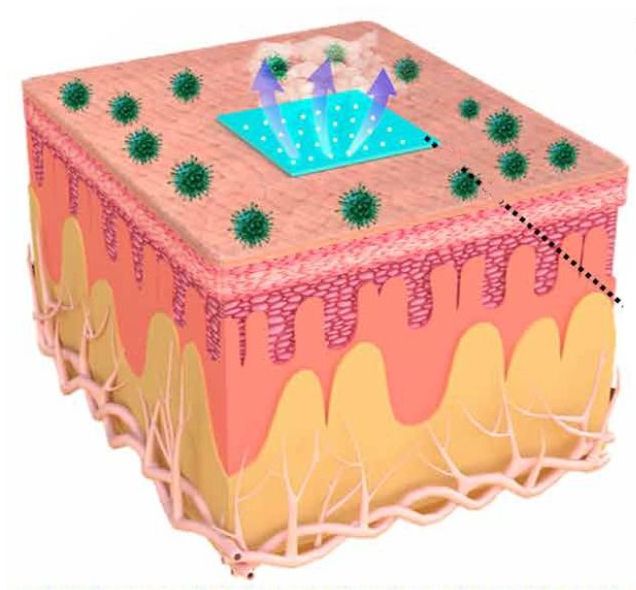
NASA Science Live: Science in the Time of Coronavirus
We are in this together. From oxygen hoods to ventilators, our scientists and engineers across the agency are uniting to join the fight against coronavirus. Tune in to #NASAScience Live on June 25 at 3 p.m. EDT to watch this nationwide effort.
Super Teacher Gets Bionic Arm
Vikki was born without her right hand and says her “life has changed forever” after receiving a Hero Arm. Vikki’s bionic arm was funded by generous donors, and there’s more funding available now for upper limb amputees from low-income families! Apply here: http://www.openbionics.com/sign-up 😍😍😍.
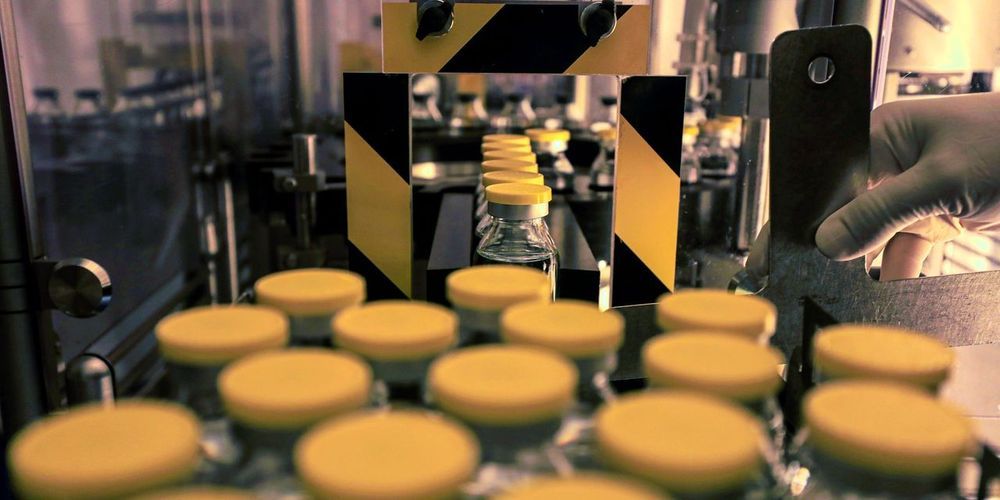
Covid-19 Drug Remdesivir to Cost $3,120 for Typical Patient on Private Insurance
🤔
Gilead’s Covid-19 drug remdesivir will be priced at $3,120 for a typical U.S. patient with commercial insurance.
Gilead Sciences Inc. detailed its pricing plans for Covid-19 drug remdesivir, saying it will charge U.S. hospitals $3,120 for a typical patient with commercial insurance.
The drugmaker on Monday disclosed its pricing plans as it prepares to begin charging for the drug in July. The U.S. has been distributing remdesivir donated by Gilead since the drug was authorized for emergency use in May.